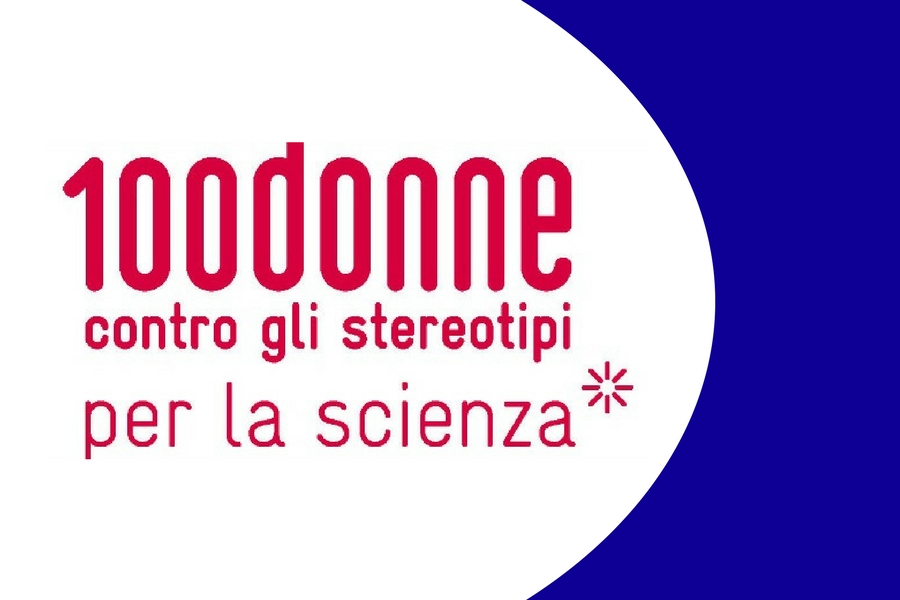
Mammals are sleepyheads, confirms the National Sleep Foundation: over 85% of them sleep for short periods during the day, indulging in what we commonly refer to as “nap”. This habit is also found among human beings, and it is incredibly common all over the world, with greater incidence in certain cultures and at certain stages of life, especially children and older people.
Besides, who doesn’t like to indulge in a short sleep, maybe after lunch, to recover the energies and get ready to face the rest of the day? Unfortunately, working times make this “cuddle” impossible for most of us. Today, however, science also comes to confirm that naps have some fundamental benefits for our health and well-being.
The benefits
First of all, the nap has positive effects on our body: a large study has shown that those who take frequent naps reduce the risk of coronary heart disease by 37%, with positive effects on the heart and blood pressure. Even the immune system is reinforced, especially when we put it under stress, sleeping little during the night. And with regard to stress, it seems that a two-hour rest, after a night of sleep deprivation, reduces cortisol levels, relieving and tolerating stress better.
“Not everyone knows that resting for a couple of hours can be a great stress reduction strategy, like meditation, yoga or thai chi,” says Sergio Garbarino, scientific consultant, neurologist, neurophysiologist and consultant Sonnomedica, a center for sleep medicine in Milan.
This advice can also be useful especially to students who, anxious for the exams, tend to forget the importance of good night-time sleep. Good news, though: a nap helps to fix short-term memory and to remember what they learned during the day.
In addition to the psycho-physical benefits, it is important to get well rested at work or before traveling. If we feel tired or sleepy during the day, our performance at work will be worse and could even lead to injury. It shouldn’t be forgotten that sleep improves performance and vigilance, even more important if we are driving a car. Frequent stops, perhaps for a short sleep, reduce the risk of road accidents by approximately 40%.
Benefits do not stop here, because naps also help to improve the tone of the mood and find creative and unexpected solutions to the problems, “especially if the nape is long enough to include the REM phase, that of dreams,” Garbarino says.
The Sonnomedica Medical Center was born in 2006 for the initiative of some of the specialists in the sleep medicine sector. Sonnomedica is the first private multidisciplinary private medical center dedicated exclusively to sleep medicine and its mission is to provide 360 degree service to people with sleeping problems.










